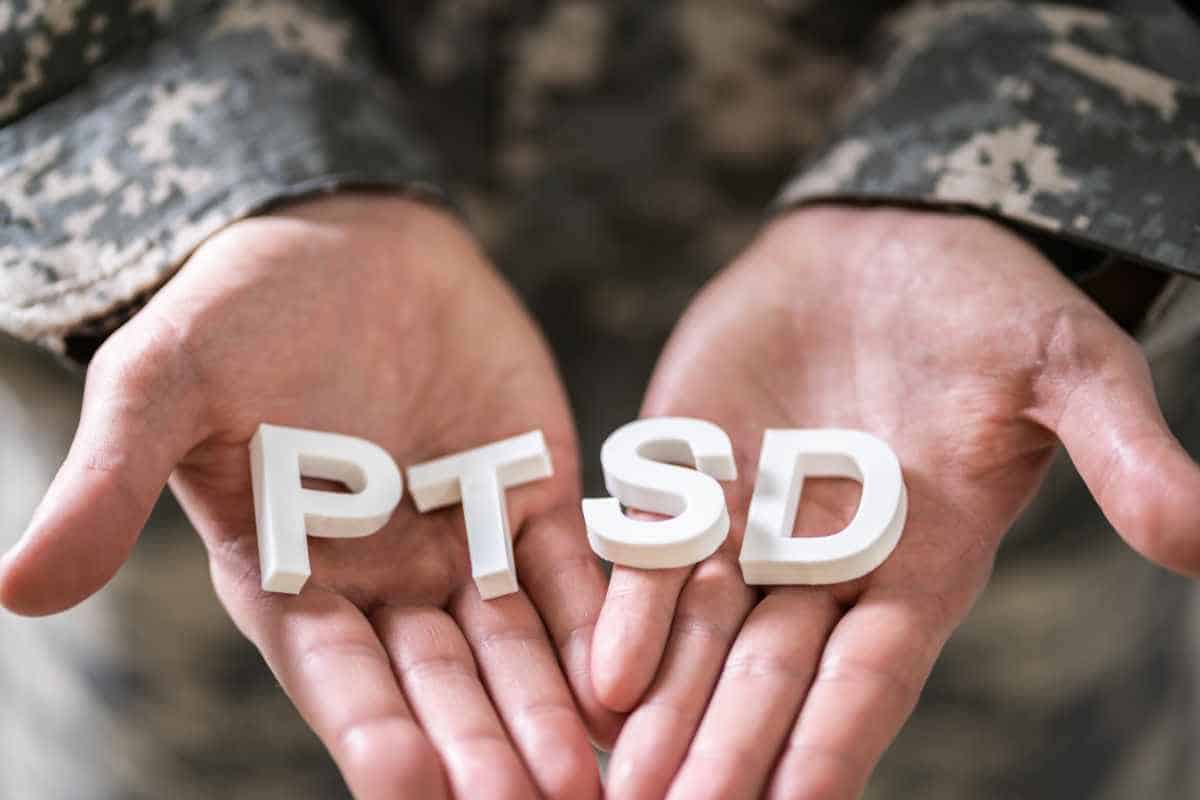We have all heard the phrase, “life happens.” Whether it is an illness or injury, a natural disaster, the death of a loved one, a job change, or a global pandemic, life can throw us a curveball at any given time. We may even get several thrown at us all at the same time! Perhaps you know at least one person who seems to be able to ride out most of those “life happens” moments with grace. They get knocked down, but they get right back up, and their light does not seem to dim. What is their secret? How do they do it? There is a good chance that people who seem unsinkable are resilient. A person’s natural level of resilience depends on several factors. The good news is that anyone can work on building resilience, and it can be a beneficial tool on the recovery journey.
Just What Is Resilience Anyway?
According to The Substance Abuse and Mental Health Services Administration (SAMHSA), “resilience is a concept and construct, the context-specific ability to respond to stress, anxiety, trauma, crisis, or disaster.” The American Psychological Association’s (APA) article ‘Building Your Resilience’ states that psychologists define resilience as “The process of adapting well in the face of adversity, trauma, tragedy, threats, or significant sources of stress.” In short, resilience is the ability to “bounce back” after facing stressful or adverse events in life.
Factors That Influence a Person’s Resilience
Are some people just born more resilient than others? There is no doubt that genetics do play a role in resilience. However, the underlying mechanisms at play are poorly understood. Resilience is not all in the genes, though. It is not simply a trait that a person either has or not. Other factors impact resilience such as:
- A strong and effective social support system
- Caring and supportive family
- Experiencing stressful events and learning from them
Becoming More Resilient and How This Can Help in Recovery
The APA’s article, Building Resilience, provides five suggestions for building resilience. These strategies can be beneficial for people in recovery.
- Build connections by prioritizing connections or joining a group. When tragedy or stressful events strike, our first instinct is to withdraw and isolate ourselves. However, it is important to accept help and support from those who care about us. For people in substance use disorder (SUD) recovery, this might mean joining a 12-step group and getting a sponsor or spending time with family and friends who do not drink or use substances. For people living with mental health disorders joining a support group can help. Some insurance companies have peer support specialists who can offer guidance, support, and help with building a support system.
- Foster Wellness. The mind, body, and spirit are connected, and focusing on the wellness of all three can improve resilience for anyone, especially people in mental health and SUD recovery. This can be done by taking care of the body by eating healthy foods, hydrating, and exercising. Meditation and mindfulness can improve mood and provide peace of mind. Taking care of the spirit through prayer or starting a gratitude practice can improve wellness. Another way to foster wellness is to avoid negative outlets like substances. Building resilience can help with recovery, and staying sober, can, in turn, improve resilience.
- Find purpose. Helping others can help improve self-worth, and it forces us to get outside of our heads. For people in SUD or mental health recovery, giving back can be an important part of the healing process. Part of AA/NA is service to others for these reasons. Being proactive is essential in finding purpose. Acknowledging and accepting emotions during hard times can lead to self-discovery. Looking for self-discovery and growth opportunities during hard times will help strengthen resilience. Develop goals, even small ones, and work toward them by focusing on achievable tasks. It is okay to take small steps in recovery and go slow.
- Embrace healthy thoughts. Managing thoughts can make a big difference in resilience! When things are out of our control, we can still control how we think about those things and our attitude toward what is beyond control. It is important to be aware of catastrophizing and irrational thinking. Accepting change and maintaining a hopeful outlook is extremely important when building resilience. Learning from the past can help manage the present and future stressful events.
- Seek help. Everyone needs help from time to time, and it is okay to ask for help. This is especially important for people in recovery, as being overly stressed can trigger a relapse. In addition, seeking help can lead to new insights and coping skills that can help later.
Resilience and Recovery
The recovery journey can be exhilarating at times, but even for people who have been sober for years, there will still be times when staying sober or maintaining mental health will be a challenge. Resilience becomes an essential tool in the recovery toolbox in times like these. On those days when cravings and triggers strike, resilience can help people in recovery overcome them and maintain sobriety. Sober Life offers strength-based, resilience-focused treatment to prepare patients to rise to life’s challenges and stay sober and mentally healthy.
Stressful and difficult life events are going to happen to everyone, but what sets some people apart is how they manage and bounce back from these events. You may feel especially vulnerable when facing stressful situations while in recovery. That is why it is so essential to work on building resilience so you can move through these moments while maintaining sobriety. Sober Life’s programs are all strength-based and resilience-focused. We offer a variety of therapeutic practices and will help you develop healthy coping skills and then get you out into the community to practice those skills in real-world settings. If you are searching for a treatment experience where treatment is personalized and managed by empathetic, understanding, and caring professionals, call Sober Life at (619) 542-9542 to learn more about our programs and how we can help you live a substance-free life.













